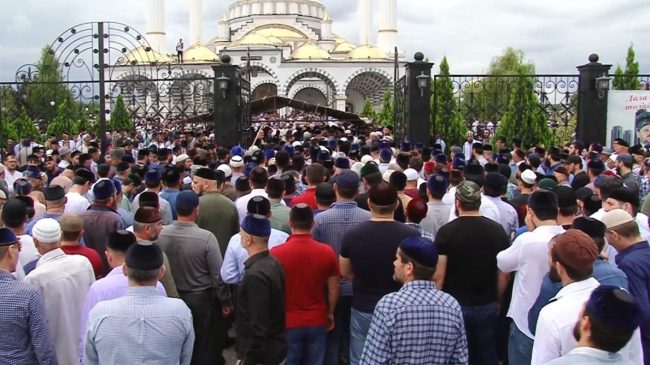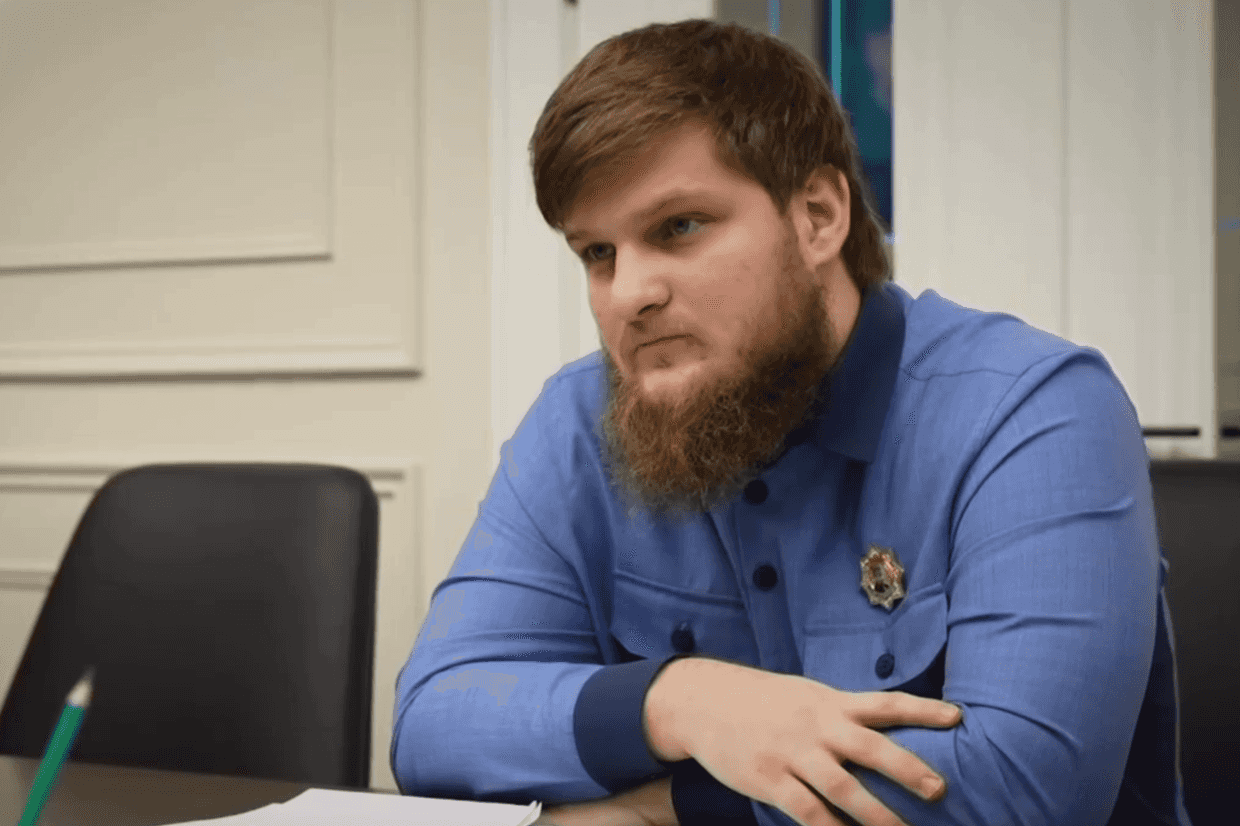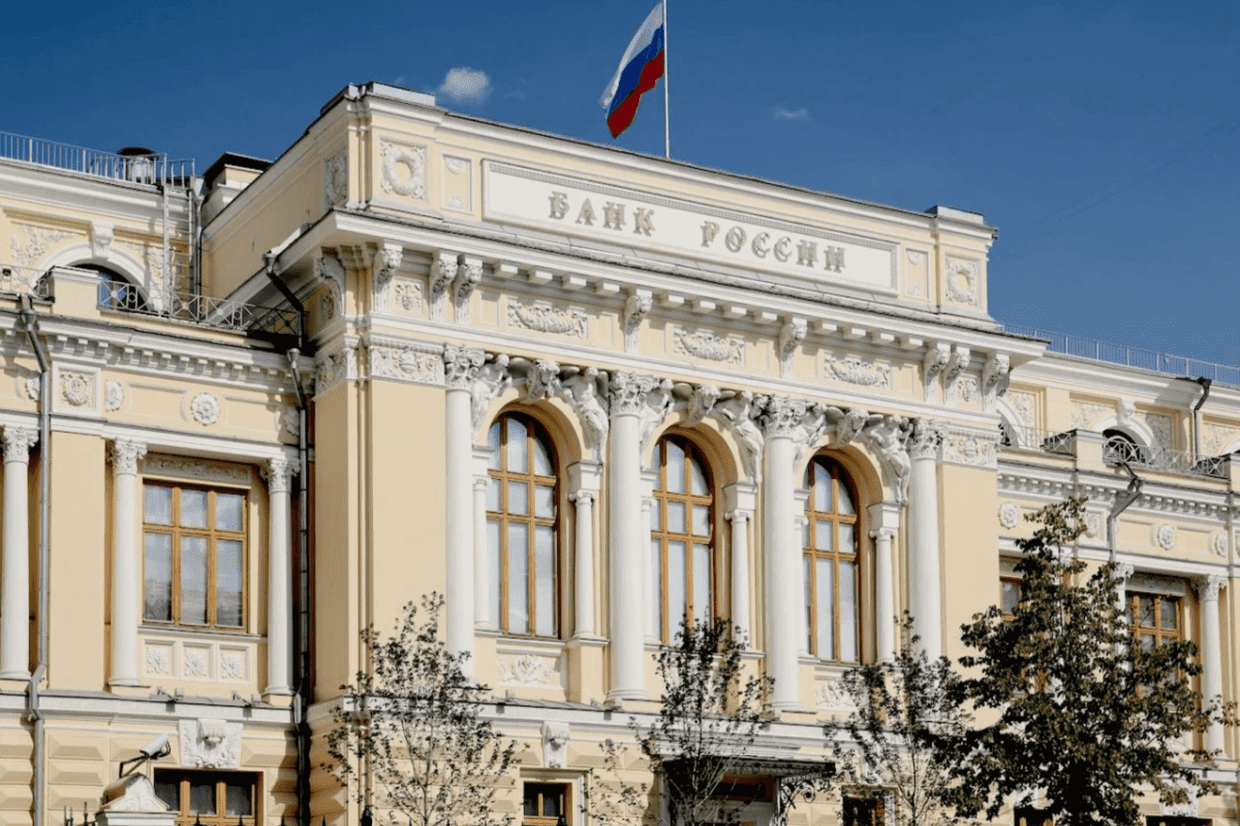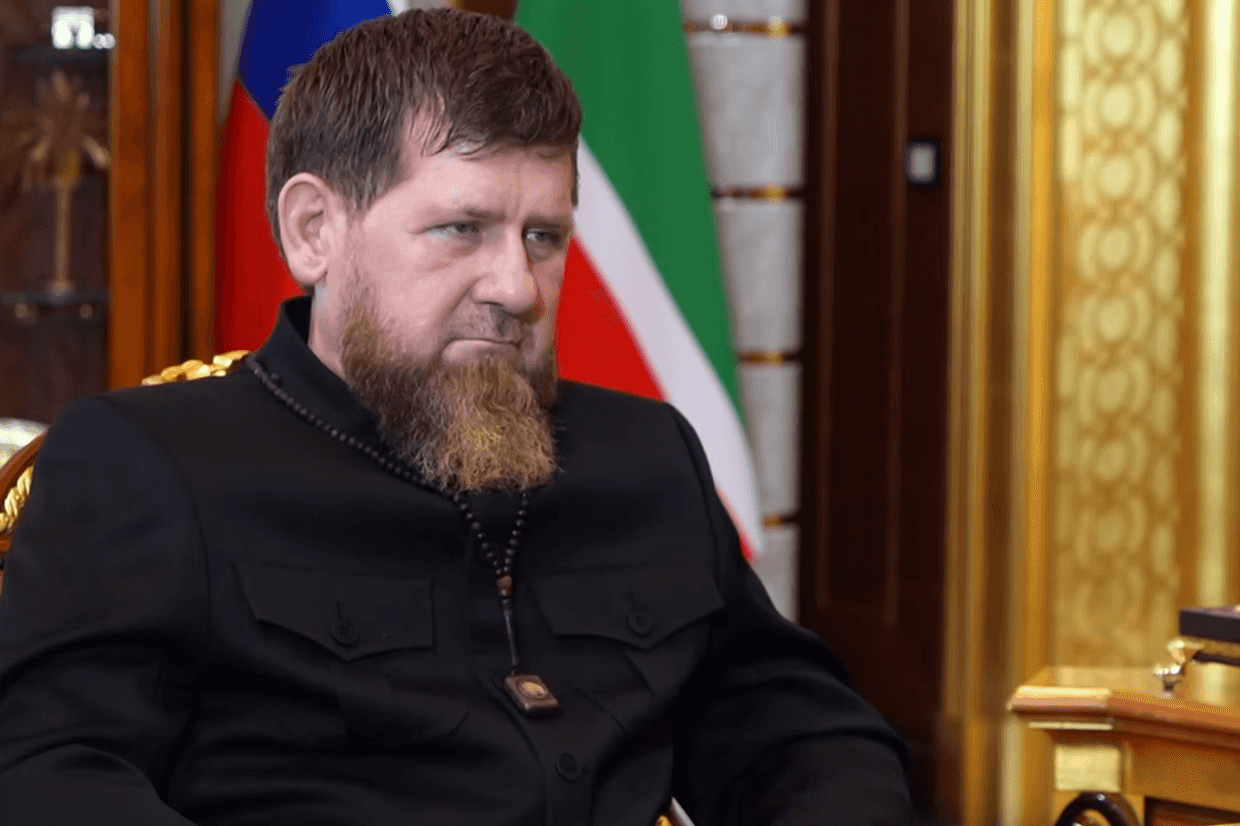

 On 3 August, Yusup Temirkhanov, a Chechen convicted of killing an ex–Russian soldier, died in a Russian prison in Siberia. Tens of thousands of people including the head of Chechnya attended Temirkhanov’s funeral, raising questions over Russia’s position in Chechnya, and how Chechens are treated in Russian prisons.
On 3 August, Yusup Temirkhanov, a Chechen convicted of killing an ex–Russian soldier, died in a Russian prison in Siberia. Tens of thousands of people including the head of Chechnya attended Temirkhanov’s funeral, raising questions over Russia’s position in Chechnya, and how Chechens are treated in Russian prisons.
Yusup Temirkhanov died on 3 August in a high security penal colony in Omsk Oblast, in southwestern Siberia. He was serving 15 years for the murder of Yury Budanov, an ex-Russian army colonel.
In 2000, Budanov kidnapped 18-year-old Chechen woman Elza Kungayeva from her home in the village of Tangi-Chu, killed her in the his military unit’s base, and ordered her body to be buried. The killing was one of the most infamous incidents in the Second Chechen War (1999–2009), and under pressure, the Russian authorities went ahead with a prosecution against Budanov.
The ex-colonel served his term in Ulyanovsk Oblast, where the governor at the time was his former commander, and now State Duma deputy, Hero of Russia Anatoly Shamanov.
In 2011, Budanov was gunned down in Moscow by an unknown assailant. Yusup Temirkhanov denied his guilt until the end.
Temirkhanov’s lawyer, Roza Magomedova, confirmed to RIA Novosti that Temirkhanov died in the prison infirmary. ‘He died of heart failure in the medical ward. He always had health problems. The defence tried to get him released due to illness, but was unsuccessful’, she told the news agency.
Temirkhanov was sentenced in 2013, and upon his arrival to the penal colony, according to his defence, he was poisoned — probably by heavy metals. His lawyer at the time, Murad Musayev, was struck by his condition after visiting him in prison. According to him, although 1.90 metres tall, Temirkhanov weighed only 40 kilogrammes. Musayev told Moskovsky Komsomolets ‘we’re used to seeing images like this in the records of fascist concentration camps’.
The death of Yusup Temirkhanov caused a wave of resentment in his homeland. Tens of thousands of people attended his funeral, including the head of Chechnya, Ramzan Kadyrov. Many residents opened the gates of their homes in solidarity with his family, a sign of mourning. Temirkhanov became a ‘people’s avenger’ in the eyes of many Chechens.
Chechen political figure Ruslan Kutayev, who spent four years in prison on what rights group Memorial insist were politically motivated charges, wrote on his Facebook page that the ‘death of Yusup Temirkhanov became a litmus test of the effectiveness of the Russian special services and their henchmen in Chechnya’ and that ‘the events after Temirkhanov’s death made it clear, that the Chechens know who their enemies are’. He added that Russian political technologists ‘suffered a crushing defeat’ in Chechnya.
After attending his funeral, Kadyrov wrote on his Telegram channel that he considered Temirkhanov a victim of a judicial error, not a hero. Many in Chechnya ridiculed him for this, speculating that Kadyrov was unhappy that Temirkhanov eclipsed his popularity.
‘A special attitude’
Many have linked Temirkhanov’s death with instances of torture and unexplained deaths that are prevalent of Chechens in the Russian prison system, an issue that has been repeatedly covered by the media. At the beginning of the Second Chechen War, rumours emerged of the brutal torture of Chechens serving in a prison in the village of Chernokozovo, in Chechnya.
Ali, a native of Chechnya who spent 12 years in prison, told OC Media that there is a special attitude towards Chechens in Russian prisons. ‘Some violations by ordinary inmates may be disregarded [by prison authorities], but if Chechens commit them they may be punished. They are often beaten, sometimes tortured, and this all happens in the [high security colonies]. We rarely break, and it infuriates them’, he said.
Usam Baysayev, from Russian rights group Memorial, told Caucasian Knot in 2007 that he had heard stories of Chechens being mistreated in Russia’s prisons. ‘I was told how in one colony, the warden sent prisoners out to the parade ground. He ordered the convicted Chechens to be removed from the lineup and basically said, “It’s a Chechen. It’s a bandit. He killed our Russian soldiers. So arrange a ‘good life’ for him. He should not have a moment of peace” ’.
Dozens of Chechens have died in prison before Yusup Temirkhanov, and many in Chechnya have questioned why. Among them — Brigadier General Salman Raduyev and the head of the Chechen Republic of Ichkeria’s security service, Turpal-Ali Atgeriyev. Ichkeria was the Chechen secessionist government which emerged following the breakup of the Soviet Union.
Raduyev was arrested in 2000 and a year later was sentenced to life in the Bely Lebed penal colony in Solikamsk, in the Perm Region. He died a year later.
Bislan Validov, who was imprisoned with Raduyev, told Pravda back in 2005 that Chechens were given a ‘special welcome’ — they were beaten upon arrival at the colony. According to him, he and Raduyev were held in the same wing of the prison in Solikamsk. ‘I heard his screams during his torture, it happened every night in the prison yard beneath our windows’, said Validov.
The former head of Ichkeria’s state security service, Turpal-Ali Atgeriyev, was detained in Makhachkala in 2000 and sentenced to 15 years in a penal colony in Yekaterinburg. While there, the 33-year-old was reportedly diagnosed with acute leukaemia, which eventually killed him. Neither relatives nor lawyers of Turpal-Ali Atgeriyev believed the official explanation of his death.
There are no statistics available for the number of deaths by ethnicity in Russian prisons, and relatives of the deceased often don’t even try to get to the truth behind the deaths of their loved ones.
‘Creating enemies’
Reform of Russia’s penal system has long been discussed. The Commissioner for Human Rights in Chechnya, Nurdi Nukhazhiyev, told information agency Grozny Inform in 2015 that ‘the current prison system is focused on punitive and repressive measures against convicts’. According to him, this had led to a systemic crisis. ‘We continuously receive complaints from convicts about their unlawful treatment’, he added.
The Chechen authorities attempted to repatriate Chechen convicts serving terms in Russian prisons to Chechnya back in 2007. The Media reported back then that an agreement had been reached, but in the end, the initiative never materialised.
In June 2018, a video appeared on social media, showing around ten prison guards severely beating a prisoner. Several guards hold the prisoner down on a table while the rest beat him with clubs. The management of the colony, rather than commenting on the contents of the video, sought out those who leaked the video.
Valentina Matviyenko, speaker of Russia’s upper house, the Federation Council, reacted harshly to this video, stating that prison enforcement needs a thorough reform.
Chechen public activist Aset Malsagova says that Russia’s current penal system undermines the state system from within. ‘This system consumes hundreds of thousands of people every year. This situation is fraught with enormous consequences. Along with freedom, convicted people are deprived of anything human. It’s not just them who suffer, but also their close relatives. If a million people are imprisoned each year, and you consider also their relatives, then the country becomes the enemy of 7–8 million people’, she told OC Media.








